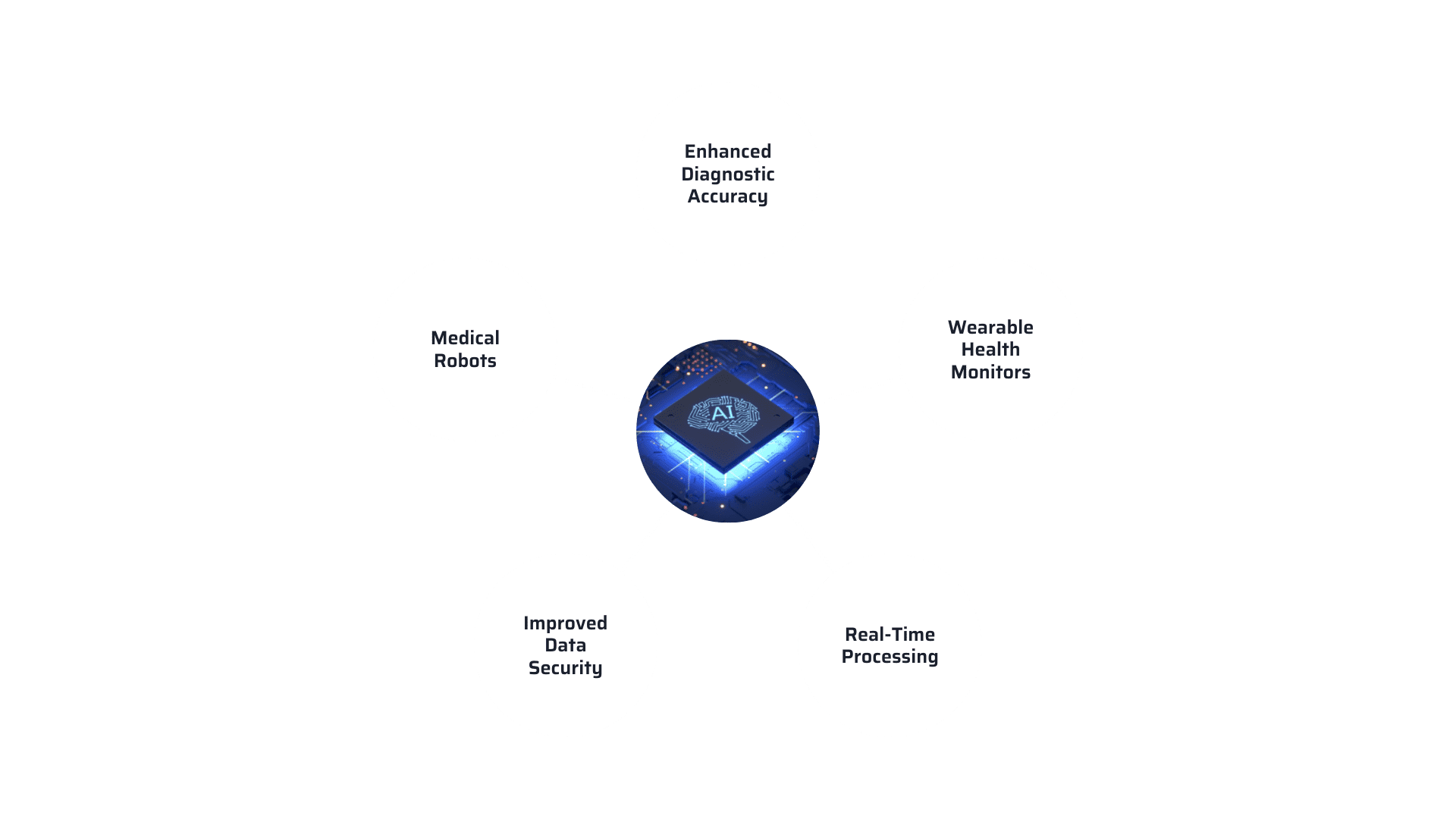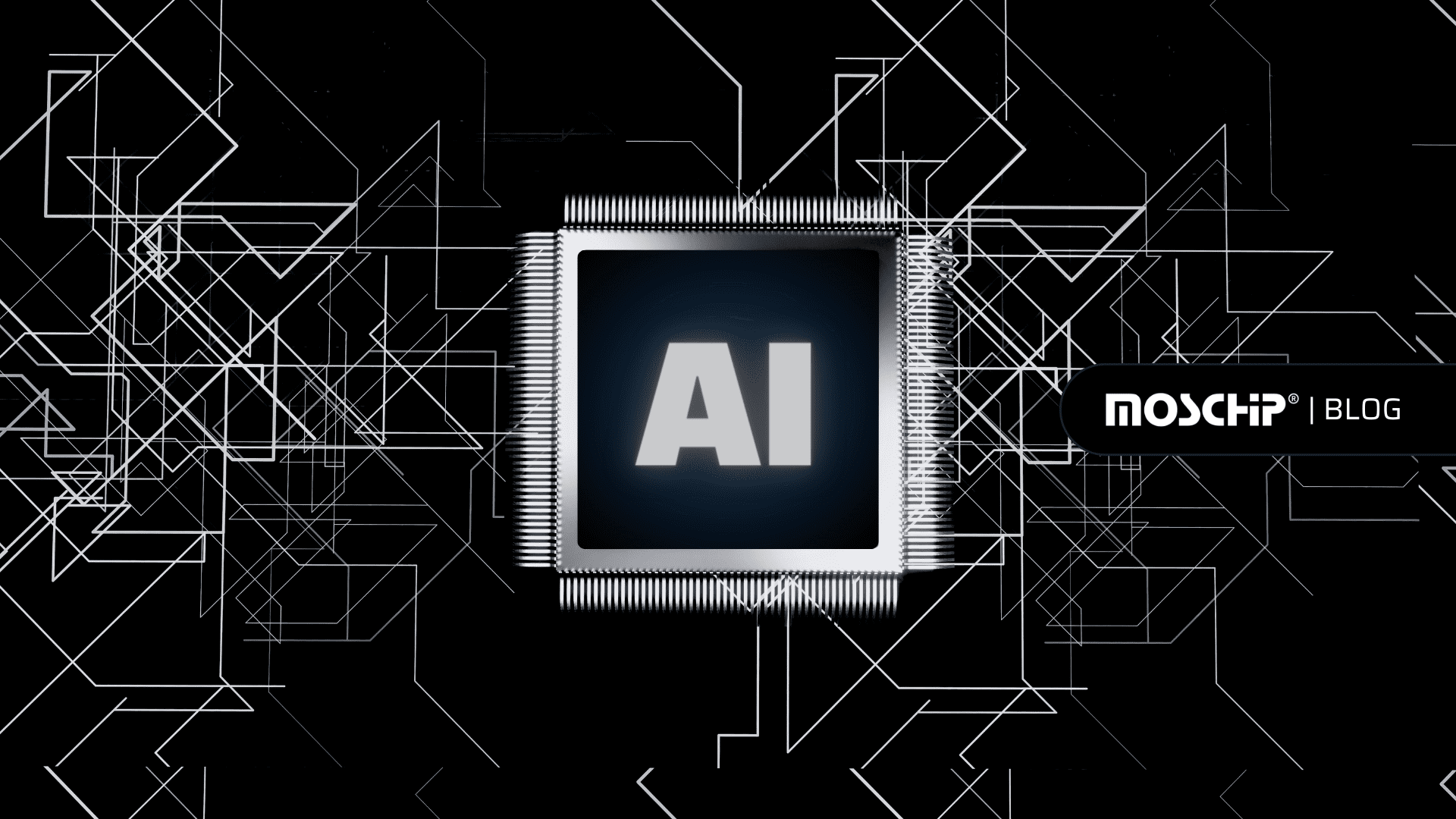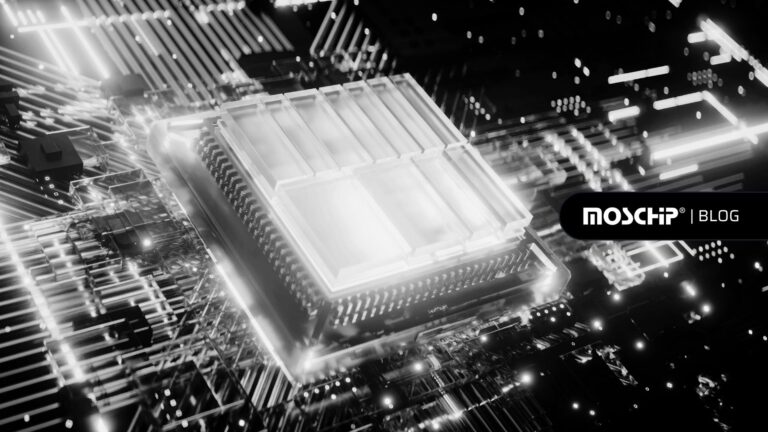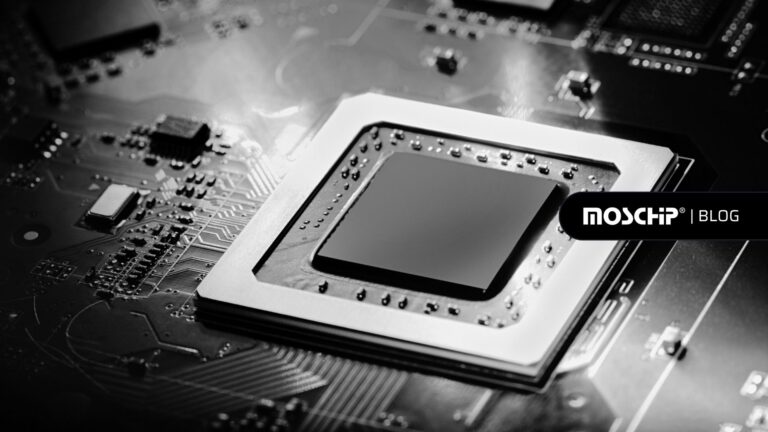The role of Embedded AI in the Healthcare Industry
In recent years, the healthcare industry has seen a massive change with the integration of Embedded AI into medical devices. AI has revolutionized healthcare by processing large volumes of data and providing predictive and intelligent insights. Particularly, the Embedded AI is a critical component in the future of the industry. As we have seen recently, the demand for embedded AI is growing the Markets and Markets stated that the market growth of Embedded AI has shown growth of USD 9.4 billion in the year 2023 and it is expected to reach USD 18.0 billion by the year 2028, at a Compound Annual Growth Rate (CAGR) of 14.0%. The demand for embedded systems in the healthcare industry specifically for medical devices that are connected to the internet and can collect and analyze patient data is rising day by day.
As we continue with the article, we will explore the importance and role of embedded AI in medical applications, how to enhance data security, integration of AI in medical robots, and the future outlook of Embedded AI.
The significance of Embedded AI in the healthcare industry
The importance of artificial intelligence in the healthcare industry cannot be denied. From diagnosis and treatment planning to customized medicine and drug research, artificial intelligence has transformed the way healthcare professionals approach patient care. The Embedded AI systems’ capacity to analyze complicated medical data, discover trends, and provide insights has enabled more accurate and efficient healthcare solutions. Embedded AI can help improve diagnostic accuracy, diagnose illnesses earlier, and forecast patient outcomes. It has the ability to reduce administrative duties, decreasing the stress on healthcare personnel while increasing overall efficiency. As technology progresses, embedded AI has emerged as an important component in bringing these advantages directly to the point of care.
Role of Embedded Systems in Medical Applications
Embedded systems, consisting of hardware and software designed for a specific function, are the foundation for many medical devices. In the healthcare industry, embedded systems are critical for integrating AI into medical applications. These systems are incorporated into devices such as wearable health monitors, diagnostics equipment, and medical robots, allowing them to process and analyze data in real-time. The combination of embedded systems with AI allows medical equipment to conduct complicated tasks independently, resulting in more efficient and precise outcomes. These systems are specifically built to meet the needs of healthcare applications, assuring dependability, low power consumption, and real-time processing and providing updates, all are critical factors in the medical field for the patient’s monitoring.
Current applications of Embedded AI in healthcare
Remote patient monitoring: Wearable gadgets are one of the most used embedded devices which are used for remote patient monitoring. It’s the best-embedded device that can used by healthcare professionals to monitor the patient’s health remotely. Wearable gadgets get the inbuilt AI that can continuously monitor vital indicators including heart rate, blood pressure, and glucose levels, delivering crucial real-time data to healthcare providers. This constant monitoring enables the early discovery of irregularities, resulting in prompt interventions and tailored treatment medications. Embedded AI also allows for the study of patient data to discover trends and patterns, which allows for the management of any chronic illnesses. For example, embedded AI systems may monitor and analyze a diabetic patient’s glucose levels and provide information on factors affecting lifestyle and treatment effectiveness.
Embedded AI application in the healthcare industry
Enhancing data security: As we have seen, the healthcare industry has become more reliant on digital data, and maintaining the security and privacy of patient information is critical. Embedded AI improves data security by incorporating advanced encryption methods, access restrictions, and threat detection techniques. These embedded devices can detect and respond to possible security risks in real-time, therefore safeguarding sensitive healthcare data from illegal access and cyberattacks. Integrating AI-drives security measures enables healthcare firms to comply with data protection standards while maintaining patient confidentiality.Click here to read more about device and data security in Embedded systems
Integration of Embedded AI into medical robots: Medical robots are increasingly used in surgery, diagnosis, and patient care. Embedded AI in these robotic devices improves their capabilities, enabling for more precise and less painful surgeries. Surgical robots, for example, may utilize embedded AI to interpret real-time imaging data, giving doctors better visibility and support during complicated procedures. On top of that, medical robots with embedded AI may learn and adapt to changing patient situations, resulting in a more customized and effective approach to treatment. This collaboration approach between artificial intelligence and robots has a huge potential for improving medical procedures and the results for patients.
The Future of Embedded AI in Healthcare
As technology advances, the future of Embedded AI in healthcare seems very promising. As embedded systems become more advanced, smarter and more efficient medical equipment are in the future. Embedded AI is projected to change healthcare in many crucial areas. Personalized treatment plans will be normal as Embedded AI systems analyze patient data, taking into consideration individual genetic parameters, lifestyle decisions, and environmental effects to design accurate and patient-specific treatments. The incorporation of predictive analytics will enable healthcare professionals to predict patient outcomes and detect possible health problems, allowing for proactive treatments and preventative actions. The combination of embedded AI with augmented reality has the potential to change surgical processes by providing surgeons with real-time, data-driven insights and advice during operations.
In the field of telemedicine, embedded AI will play a critical role in improving platforms, assuring more accurate remote diagnoses, and enabling personalized virtual consultations.
To conclude, Embedded AI is set to become a nerve center of the healthcare industry’s technological advancements. The present use of embedded AI in remote patient monitoring, data security, and medical robots is changing the way healthcare is delivered. As we look ahead, the ongoing integration of Embedded AI promises more tailored, efficient, and effective healthcare outcomes. Accepting these technology improvements would benefit healthcare workers while, more crucially, improving patient outcomes and interactions.
Looking ahead, the seamless integration of embedded AI into healthcare systems promises to take patient care to new heights, promoting a future in which technology benefits both healthcare professionals and the people they serve.
As technology continues to advance, MosChip delivers world-class Embedded AI systems and semiconductor design solutions. In a landscape where precision and efficiency are paramount, MosChip’s commitment to excellence is the compass guiding the future of the healthcare industry.
About MosChip:
MosChip has 20+ years of experience in Semiconductor, Embedded Systems & Software Design, and Product Engineering services with the strength of 1300+ engineers.
Established in 1999, MosChip has development centers in Hyderabad, Bangalore, Pune, and Ahmedabad (India) and a branch office in Santa Clara, USA. Our embedded expertise involves platform enablement (FPGA/ ASIC/ SoC/ processors), firmware and driver development, BSP and board bring-up, OS porting, middleware integration, product re-engineering and sustenance, device and embedded testing, test automation, IoT, AIML solution design and more. Our semiconductor offerings involve silicon design, verification, validation, and turnkey ASIC services. We are also a TSMC DCA (Design Center Alliance) Partner.
Stay current with the latest MosChip updates via LinkedIn, Twitter, FaceBook, Instagram, and YouTube








